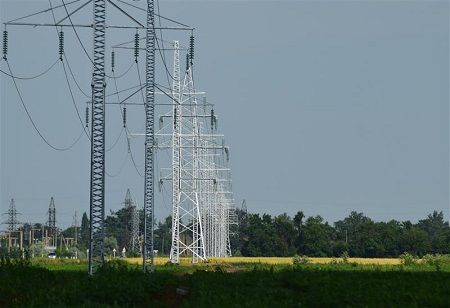
Govt Plans New Scheme to Restructure Power Distribution
- Government plans new scheme to reform power distribution companies
- States may need to sell at least 20% stake to private partners
- Scheme includes debt restructuring and financial support incentives
According to sources acquainted with the conversations, the government is working on another framework for restructuring and reform of power distribution utilities, which could involve partial disinvestment to strategic investors and broad debt restructuring to other creditors.
In the proposal, the Centre could provide capital expenditure and other inducements to facilitate cooperation.
The government power scheme in energy policy India aims to accelerate power distribution reform by encouraging private participation, advancing discom restructuring, and ensuring sustainable growth in the electricity sector India.
Under the draft plan, state governments contemplating receiving funding incentives will be required to divest at least 20% of the equity of distribution companies to private sector partners, based on total electricity consumption served.
Also Read: BPCL Inks MoUs with IOC, NRL and FACT to Boost Cooperation
States will have two formats available for private sector investment, through a strategic partner holding a majority stake or through the sale of a minimum of 26% equity in the distribution company while transferring operational management control.
For states that are reluctant to bring in private players, the scheme would allow the public listing of their distribution utilities (as well as allow some equity-based financial assistance), and strengthen the process of putting non-transformational distribution entities into a standalone distribution business in a special purpose vehicle (SPV) with private sector participation.
The scheme might also allow states to bail out their distressed distribution companies, by transferring unsustainable debt to the state (with some fiscal relief arrangements).
This is still a draft proposal being drafted by a Group of Ministers, comprising energy ministers from states like Uttar Pradesh, Andhra Pradesh, Rajasthan, Tamil Nadu, Madhya Pradesh and Maharashtra. States would need to commit to timely payment of subsidies and dues, pay interest if delayed, and implement cost-reflective tariffs with annual indexation linked to inflation.




.jpg)
.jpg)

